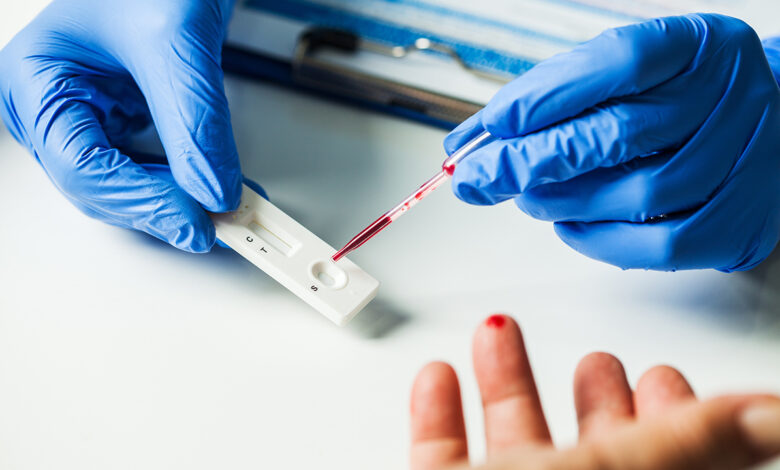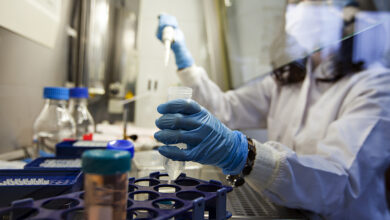Mild coronavirus infection leaves behind lasting antibody protection, research suggests

Even a mild case of coronavirus could leave people with lifelong protection against the virus, a new study suggests, with researchers calling previous reports that immunity was not long-lived following infection “a misinterpretation of the data.”
In the study, conducted by Washington University School of Medicine in St. Louis and published May 24 in the journal Nature, researchers took bone marrow samples from 18 out of 77 participants who were already signed up to give blood samples at three-month intervals starting about a month after initial infection. The bone marrow samples were taken between seven and eight months after initial COVID infection. Five of the 18 participants then gave second bone marrow samples four months later.
The team compared those samples with bone marrow taken from 11 people who had never been diagnosed with COVID-19.
DECREASED STI TESTING DURING PANDEMIC COULD LEAD TO SURGE IN NEW CASES, STUDY SAYS
While antibody levels in the blood of people who had previous infections did drop quickly in the first few months before mostly leveling off, some antibodies were detectable even 11 months after infection. Researchers also found antibody-producing cells specifically targeting SARS-CoV-2, the virus that causes COVID-19, in 15 of the bone marrow samples. The cells were also found in all five of the follow-up samples given four months later.
The researchers said the cells are “quiescent, just sitting in the bone marrow and secreting antibodies.”
HALF OF US ADULTS FULLY VACCINATED AGAINST CORONAVIRUS, WHITE HOUSE SAYS
“Last fall, there were reports that antibodies wane quickly after infection with the virus that causes COVID-19, and mainstream media interpreted that to mean that immunity was not long-lived,” Ali Ellebedy, PhD., an associate professor of pathology and immunology of medicine and of molecular microbiology, and senior author said in a news release. “But that’s a misinterpretation of the data. It’s normal for antibody levels to go down after acute infection, but they don’t go down to zero; they plateau. Here, we found antibody-producing cells in people 11 months after first symptoms. These cells will live and produce antibodies for the rest of people’s lives. That’s strong evidence for long-lasting immunity.”
CLICK HERE FOR COMPLETE CORONAVIRUS COVERAGE
The researchers said it’s not clear if those who have more severe COVID-19 infection would have the same long-lasting protection, as too much inflammation could lead to “defective” immune responses. The team called for more research to replicate the study in people with moderate to severe infection and is currently studying whether COVID-19 vaccines induce long-lived antibody-producing cells.
Source link





